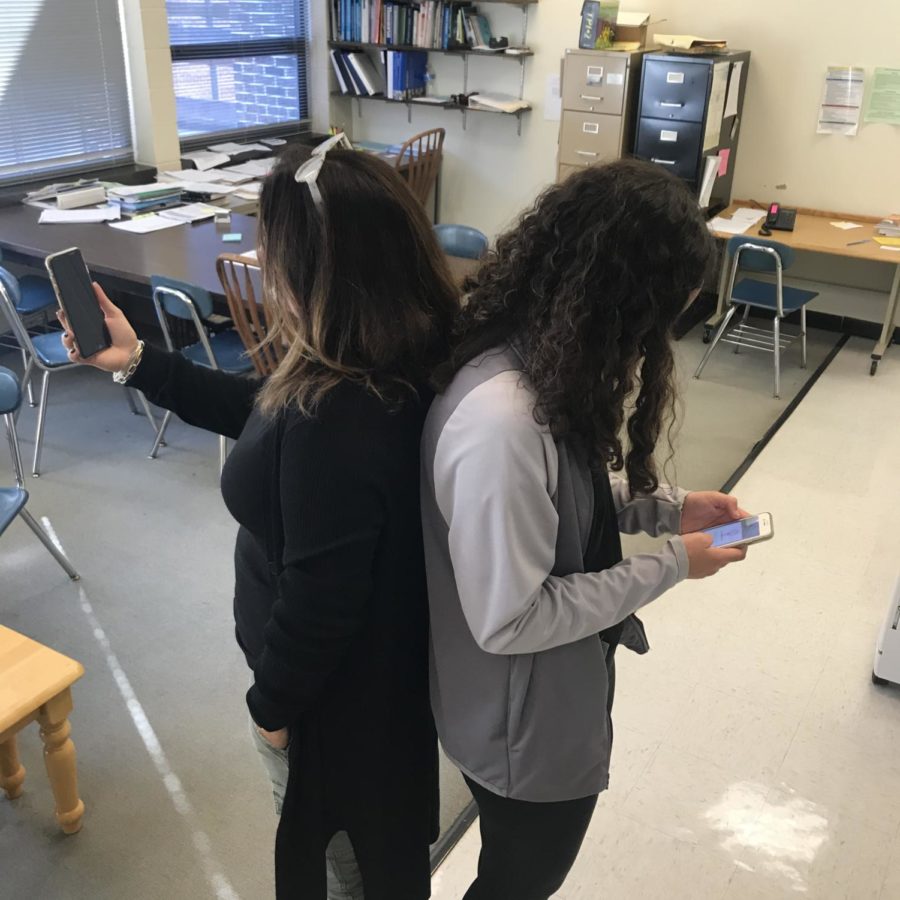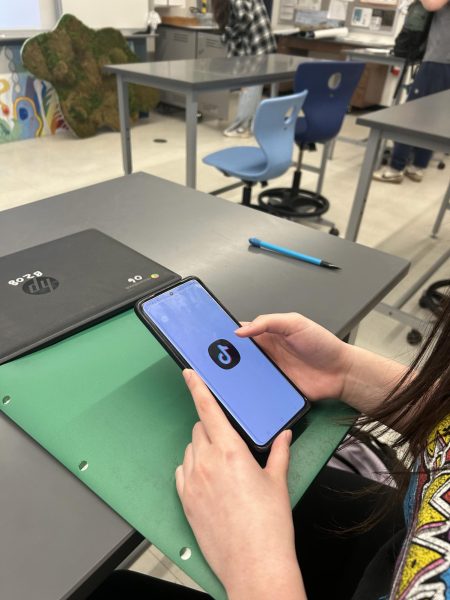Should Parents be Able to Track Their Children?
Across America today, children ages 4-21 are being tracked by apps that parents download on their devices because they worry about their child’s safety and well-being. For example, tracking apps such as Life360, Find Me and Find My Friends ensure that parents know where their kids are at all times. Mobile Devices like LinxUp specifically work by documenting location, how fast kids drive, how harshly they stop their car, and how much battery power they have on their phones.
Other apps such as Amber Alert GPS, Reolink, and AngelSense may monitor children of any age that have health or psychological issues whose parents cannot be with them 24/7. As for children with health or psychological issues, it is seemingly very helpful for the children’s safety and for the parents’ sense of security. Foza, the mother of an autistic four-year-old explained, “ For my son, who is autistic, it would be a good thing and make me more comfortable. He is deaf in one ear and might not hear traffic or somebody calling him.”
There is an amount of mutual trust built-in that parents do need to trust their teens that they will keep their cellphones with them and win the cooperation of their children. Of course, they may call or text at any moment and the teen will have to react and respond. With the aspect of mutual trust, both parents and children have equality of permission. Under 18, permission of the child is not required. Over 18, the child can choose to agree or disagree to the monitoring device.
Some problems that could occur are when young adults objectify to being monitored by their parents and how parents should react? The parents will explain that if they aren’t doing anything wrong, why should they object to a monitor? The adults will try to win their child’s cooperation by pointing out how their kind of driving is not good for themselves and others in the car. The teens will gradually grow out of being tracked and the parents can learn to release their stress.







Nicole Selig • Nov 7, 2019 at 1:53 pm
This article is very interesting. I never would have thought to consider looking at this topic in perspective of a parent who has a child that needs to be tracked. I originally only thought being tracked by parents was a negative thing, but this article altered how I think and now I can view it as a positive thing.
Bikram • Nov 7, 2019 at 1:50 pm
Good Informative article didn’t know students were tracked. It feels bad that their parent does not trust their child and thankful my parents aren’t tracking me. ^-^
Caroline Burkhard • Nov 7, 2019 at 8:43 am
Good article, I like how you brought in the aspect of people with health and psychological issues and how it may be necessary to track them for their safety. Its a good point that I don’t think many think about.
Zackary Storms • Nov 7, 2019 at 8:43 am
I like how you provide both sides of the argument, for example being able to track kids with psychological issues that may need to be tracked, but also the lack of trust. I also enjoy how you lay out the foundation of the article with providing good information on what the tacking devices do.
Desmond Nigol-Mason • Nov 7, 2019 at 8:42 am
I think that parents should trust their kids. So I think this is a good topic.
Nathan Campbell • Nov 7, 2019 at 8:37 am
Good article Justin. This is so accurate. My parents do the same thing and I have talked to others who have the same issue.